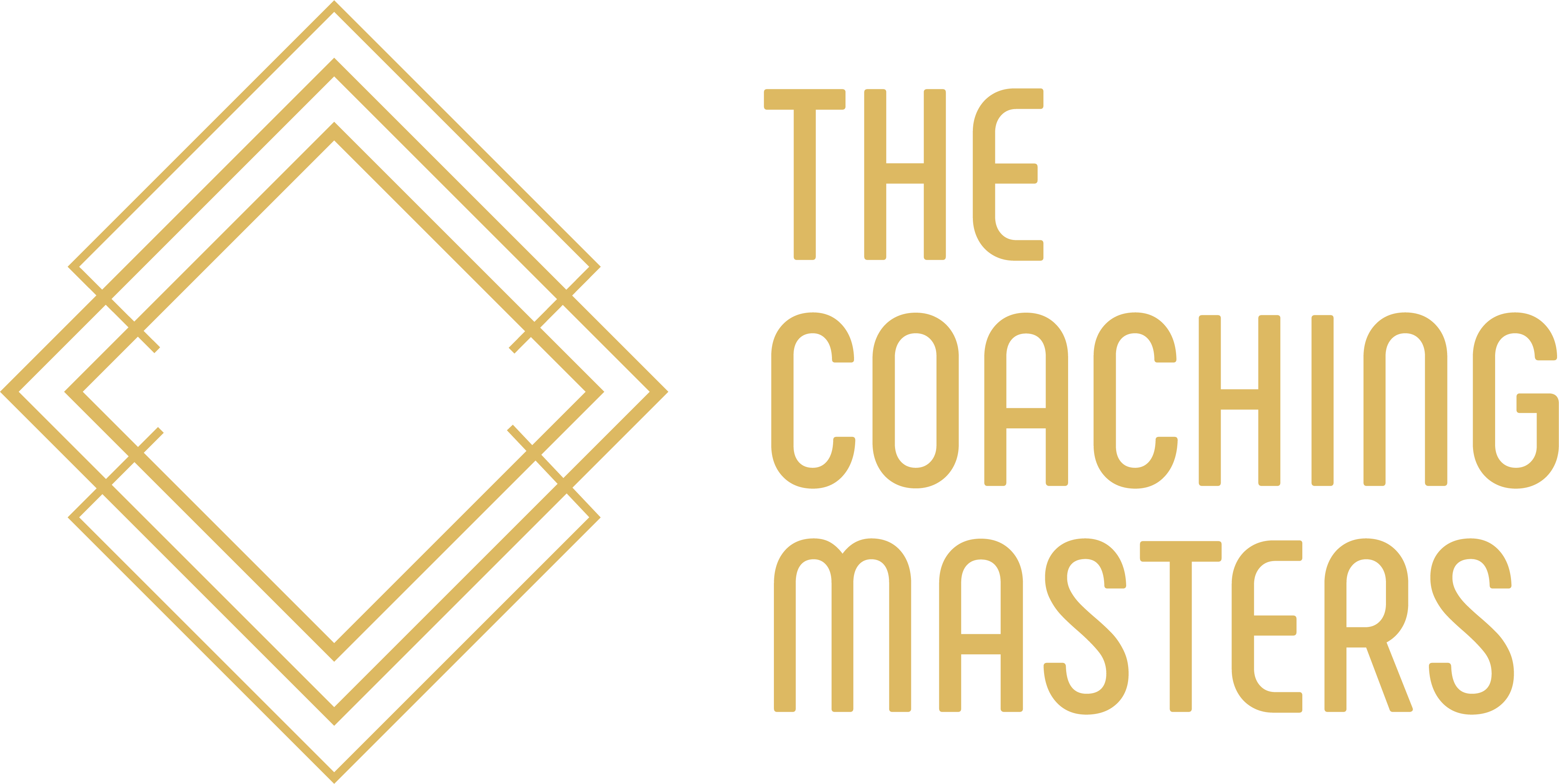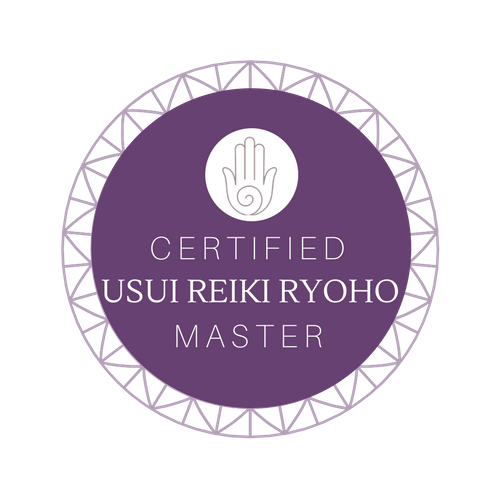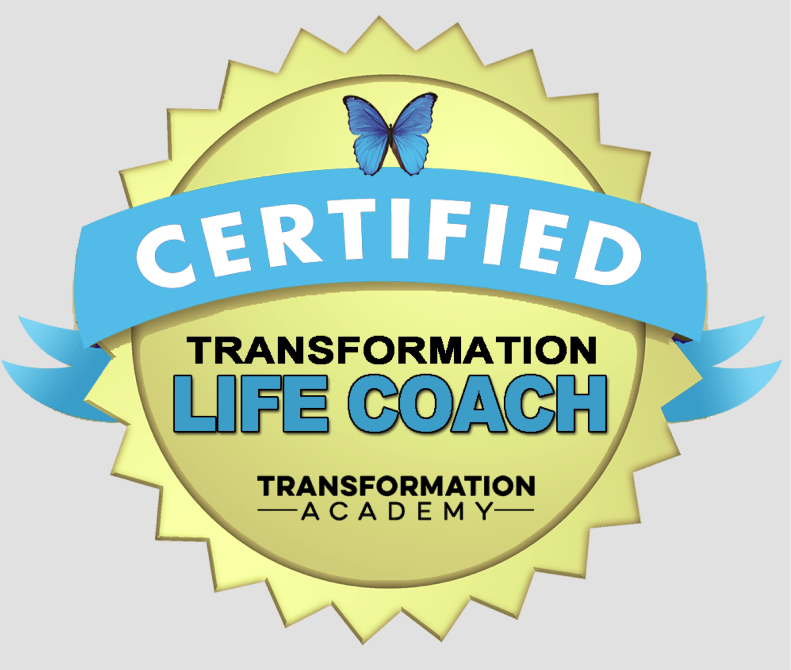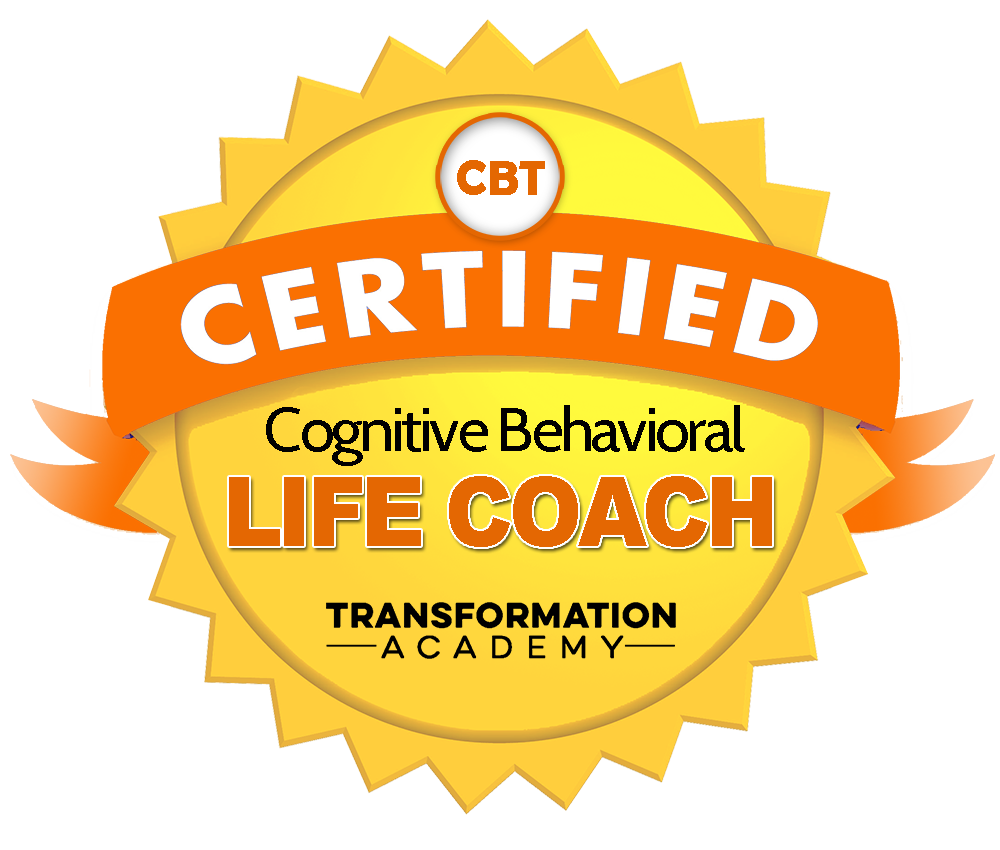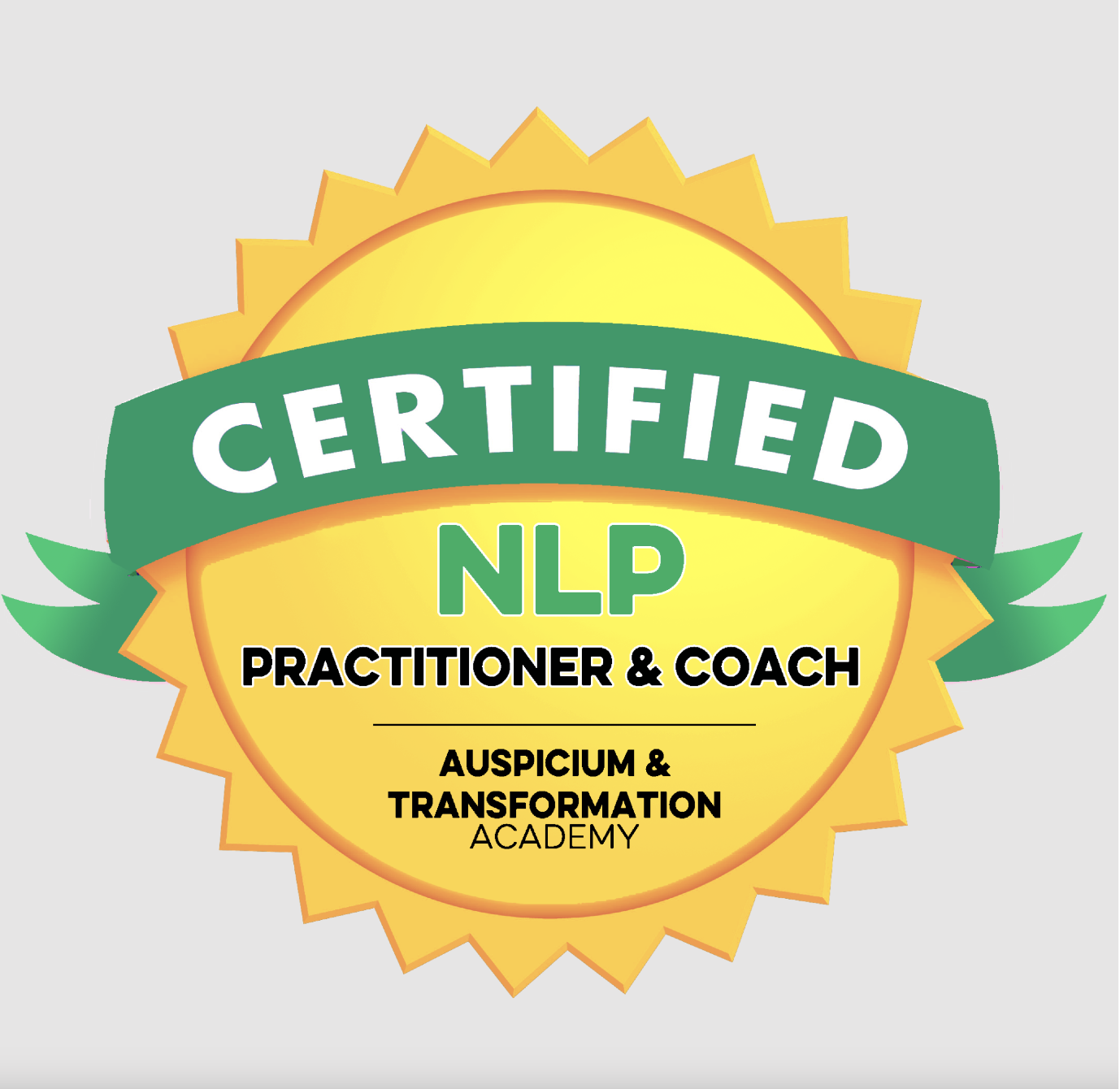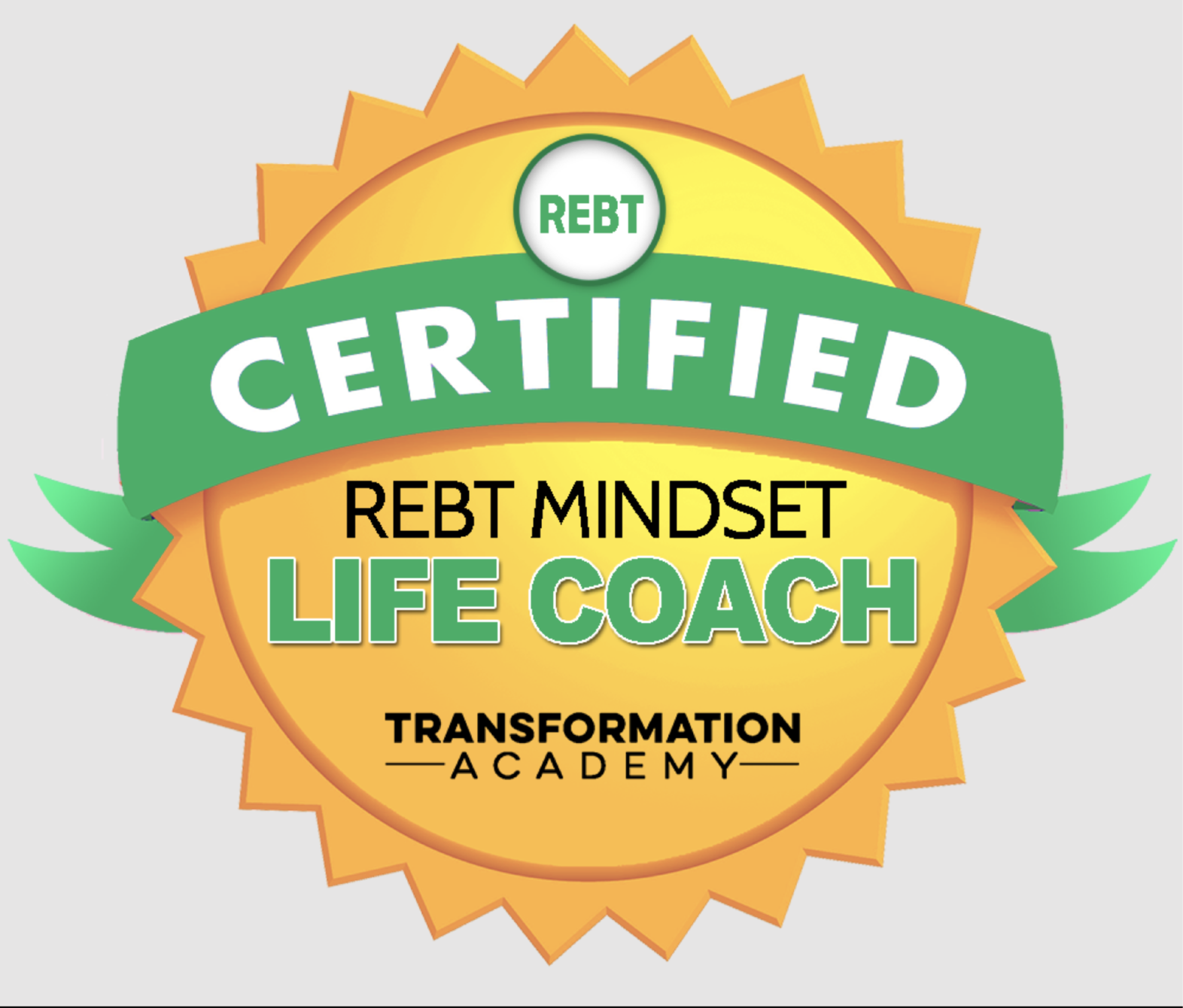If You Don't Respect Yourself No One Else Will Either

Self-respect means that you value yourself, or have self-worth, as a person and that you do not criticize yourself. Someone without self-respect may experience depression, anxiety, guilt, and other emotions that put a person on an emotional roller coaster.
With self-respect, one tends to be more respectful to others, making it easier to build relationships. A lack of self-respect can seriously impact a person's life.
Roy Baumeister, a well-known researcher, defines self-concept as “The individual's belief about himself or herself, including the person's attributes and who and what the self is.”
People might view a person with no self-respect as weak or undisciplined. They may make harsh remarks or criticism. Behavior such as this magnifies a person’s sense of worthlessness. When one does not respect themselves, they will not demand that respect from others, and this results in other people disrespecting that person because that person is not setting boundaries and demanding the respect they deserve.
A quote from Clint Eastwood sums it up best. “Respect your efforts, respect yourself. Self-respect leads to self-discipline. That's real power when you have both firmly under your belt.”
How People React To A Lack Of Self-Respect In Others
Unfortunately, as human beings, we may treat people without self-respect differently than we treat others. There are common behaviors that signal a lack of respect.
- Insulting comments which include:
- “That’s a terrible idea.”
- “Can’t you do anything right?”
- “Not now; I’m busy.”
- Interruptions during conversations or meetings.
- Ignoring their suggestions or ideas.
- Getting angry with a person lacking self-respect for no reason.
- Lack of attention or dismissing the person lacking self-respect as though you’re not there.
- Shunning, exclusion from conversations, meetings, and events.
Some people have these types of behaviors with everyone. However, if a person is treated this way consistently, a lack of self-respect may be the issue.
Other causes are:
- Mental illnesses such as anxiety disorder or depression
- Low confidence due to poor performance in school
- Chronic medical conditions
- Stressful life events
- Abusive relationships
What Causes A Lack Of Self-Respect?

A lack of self-respect can be due to a person’s experiences during childhood. To a child, negative comments from parents, teachers, and peers can set a negative pattern early in life.
People with low self-respect should not despair. There are techniques to help build confidence, strength, self-belief, social acceptance, and respect for others.
How To Build Self-Respect
A person with self-respect is confident and accountable for their actions. There are measures that people can initiate to increase their self-respect.
Self-Help Guidance
- Take care of your health by eating nutritious foods, exercising, and learning relaxation techniques.
- Identify your positive qualities and focus on those. Think of what you do well.
- Do not compare yourself to others. Focus on your life and accomplishments; be proud of yourself.
- Don’t put yourself down. Accept and believe in yourself.
- Build relationships with positive people.
- Find your passion, whether it be a hobby or just something that you enjoy doing,
- Accept your imperfections; no one is perfect.
If you need additional help to overcome negative feelings, consider CBT.
Cognitive Behavioral Therapy (CBT)
The American Psychological Association (APA) defines CBT as “a form of psychological treatment that has been demonstrated to be effective for a wide range of problems including depression, anxiety disorders, alcohol and drug use problems, marital problems, eating disorders, and severe mental illness”.
The treatment strategy can vary; the psychologist will work with the patient to find the most effective approach. The key components of CBT follow.
- Learn how to recognize negative thoughts, beliefs, and behavior patterns. For example:
- When a negative thought occurs, think of something positive instead.
- Determine what caused the negative thought and take corrective steps.
- Focus on your strengths and abilities.
- Identify ways to cope with adverse situations. The common triggers are life events such as changes in a relationship, buying a house, starting a new job, or issues at work.
- Learn to face your fears. Common techniques include deep breathing, visualizing a happy place, or simply talking about it.
Conclusion
Similar to recovery, learning self-respect is a journey that may be short or long. Each person is unique; a specific strategy may not work for everyone. People must try various techniques to find the best ones for their needs. The journey will be well worth it when individuals realize they are confident, positive-thinking, strong, and proud.
“Respect yourself, and others will respect you.”
~ Confucius, Sayings of Confucius ~
Click the link below to book your free clarity call or free virtual coffee chat.
Grab a copy of our newletter by completing the form below, this will then be sent to your inbox every month.
My Affirmation For The Week
"Creativity is contagious. Pass it on."
